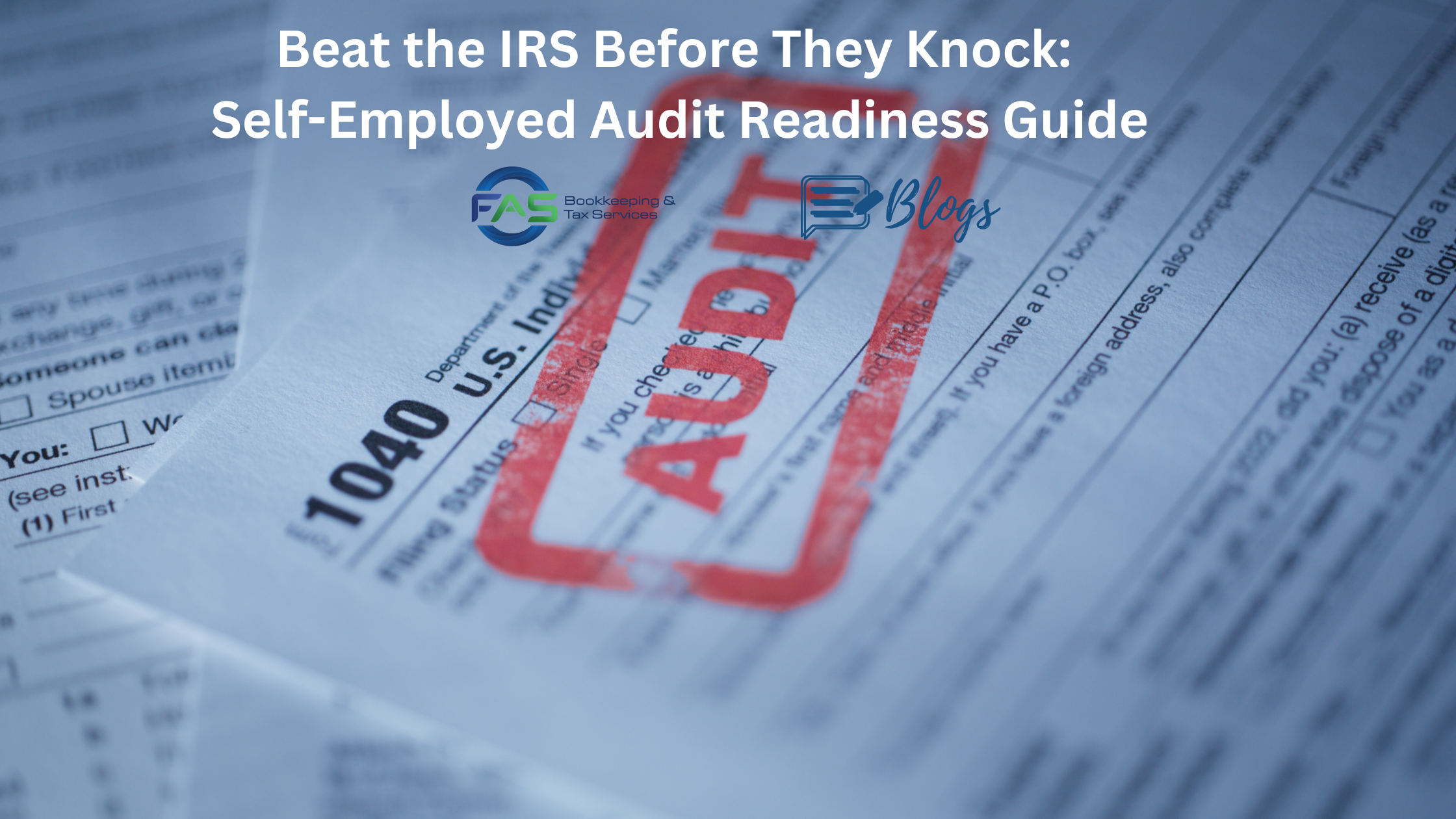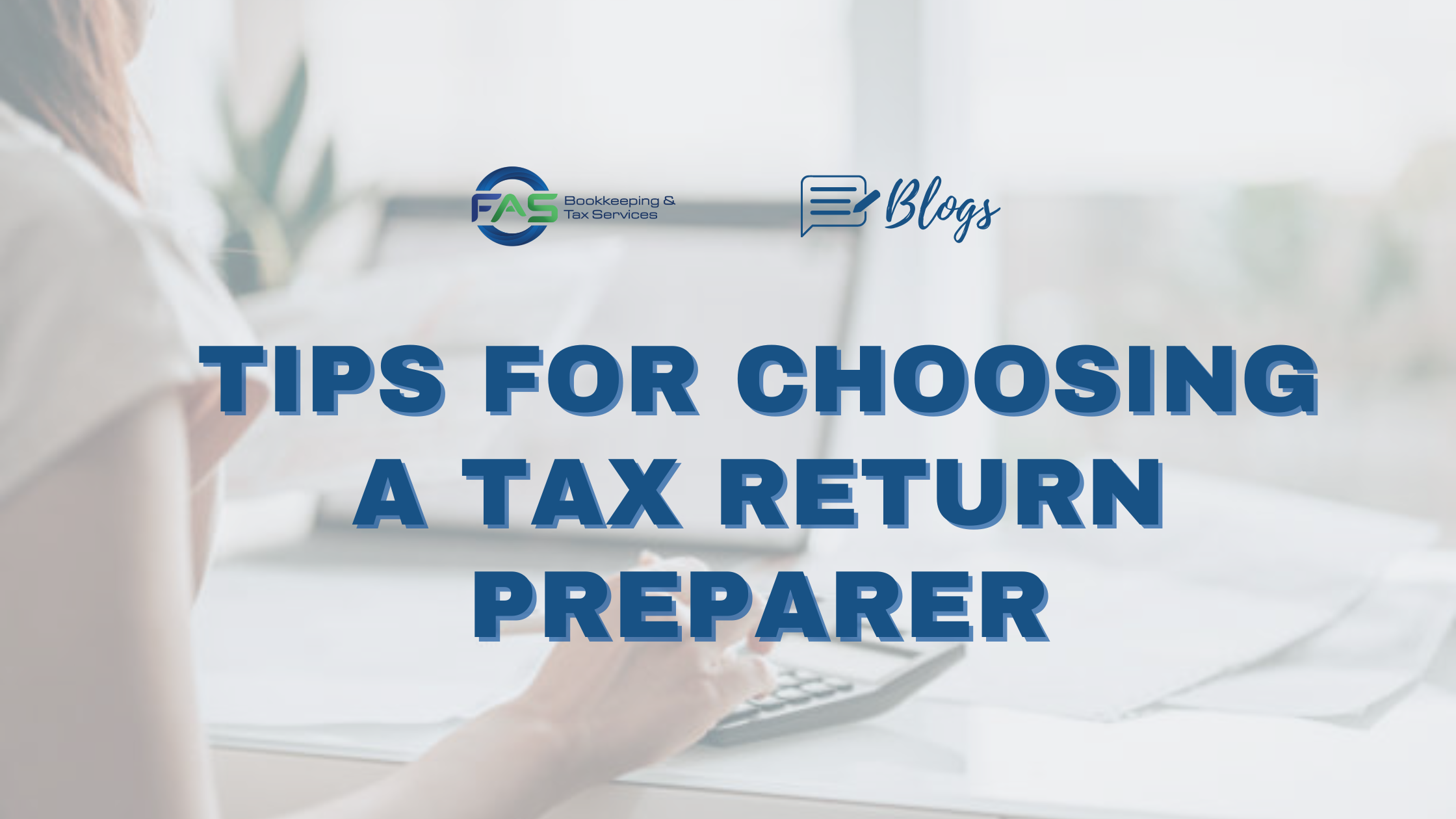Tips for Choosing a Tax Return Preparer
The IRS advises tips for choosing a tax return preparer. Even if a taxpayer hires a third party to prepare their tax return, they are still legally responsible for everything on it. Therefore, it’s crucial to make a wise decision when choosing an individual or firm to prepare for your return. The majority of tax preparers treat their clients with professionalism, integrity, and excellent service.
The IRS wants to remind everyone this year to only work with preparers who sign their returns and enter their Preparer Tax Identification Numbers (PTINs).
The following considerations should be made when having someone else prepare your return:
Verify the person’s credentials. All paid tax return preparers must now comply with new regulations and possess a Preparer Tax Identification Number (PTIN). Ask if the preparer is a member of a professional association and participates in continuing education classes in addition to verifying that they have a PTIN. The IRS is also gradually implementing a new test requirement to ensure that those who are not enrolled agents, CPAs, or attorneys have met the minimum competency requirements. After passing the test, those who are subject to it will gain the title of Registered Tax Return Preparer.
Check the history of the preparer. Check with the Better Business Bureau to see if the preparer has a questionable past. You should also look into any disciplinary actions and license status through the state bar associations for lawyers, the state boards of accountancy for certified public accountants, and the IRS Office of Enrollment for enrolled agents.
Learn about their service charges. Stay away from preparers who base their fee on a portion of your refund or who assert they can get larger refunds than other preparers. Additionally, always verify that any refunds that are owed to you are sent to you or deposited into an account in your name. Under no circumstances should all or a portion of your refund be deposited directly into the bank account of a preparer.
Ask if they offer electronic filing. Unless the client opts to file a paper return, any paid preparer who prepares and files more than 10 returns for clients must do so electronically. Since the introduction of electronic filing in 1990, more than 1 billion individual tax returns have been processed in a safe and secure manner. Ensure that your preparer supports IRS e-filing.
Ensure that the tax preparer is reachable. If questions arise after the return has been filed, even after the April deadline, make sure you can reach the tax preparer.
Provide all records and receipts required to complete your tax return. To assess your total income and your eligibility for expenses, deductions, and other items, reputable preparers will ask to see your documents and receipts and will question you extensively. Use caution when working with a preparer who offers to electronically file your return before you receive the Form W-2 that uses your most recent pay stub. This violates IRS e-file regulations.
Never sign a blank tax form. Tax preparers who ask you to sign a blank tax form should be avoided.
Before signing the return, go over it completely. Review and ask some questions about your tax return before signing it. Before you sign the return, make sure you have read it thoroughly and are confident in its accuracy.
Verify the preparer’s signature and preparer’s tax identification number on the form (PTIN). A paid preparer is required by law to sign the return and include their PTIN. Even though the preparer signs the return, you are still in charge of making sure that everything is accurate. You must receive a copy of the return from the preparer as well.
If you have questions regarding your tax returns or need help preparing your tax returns, get in touch with us today.





